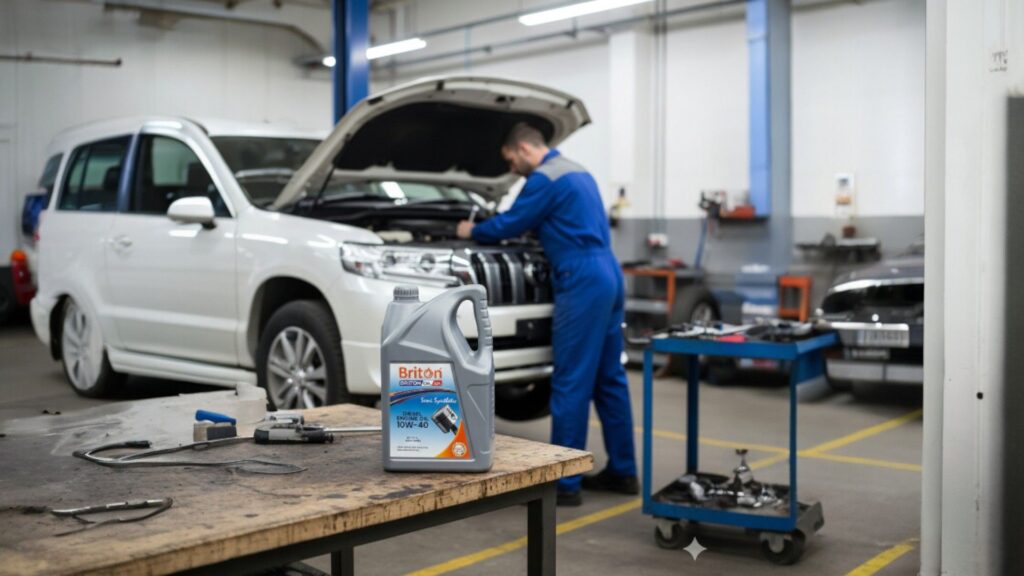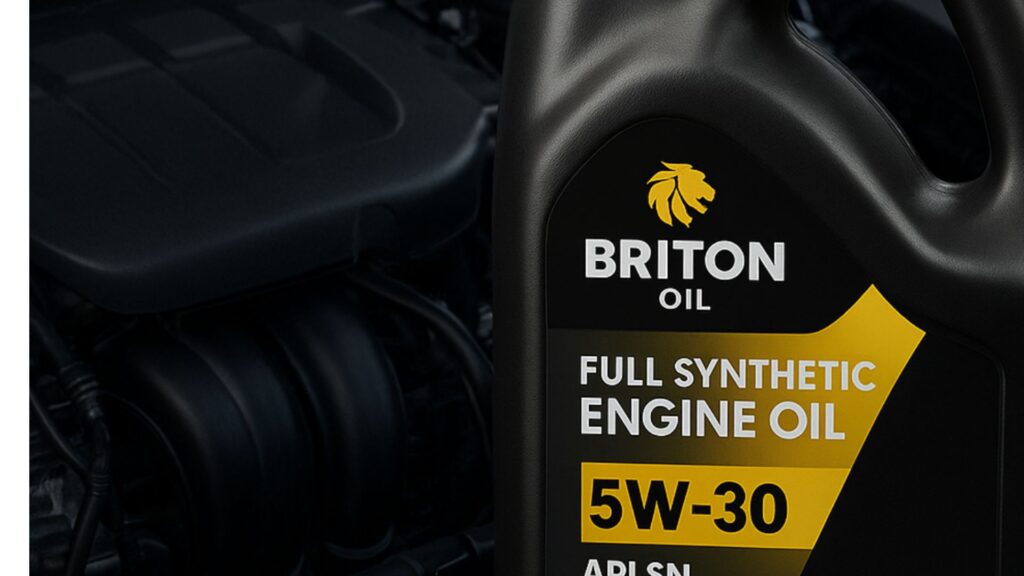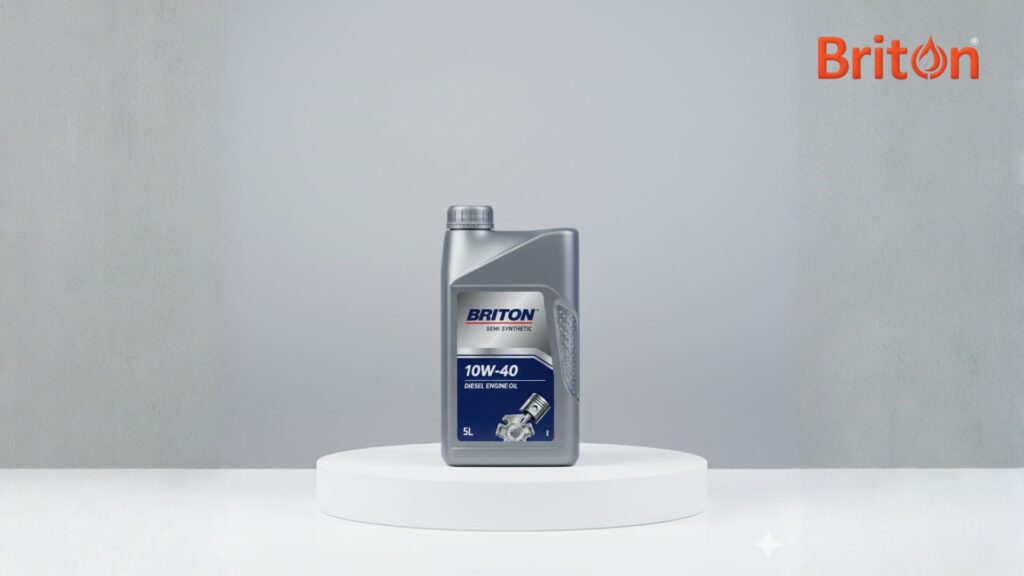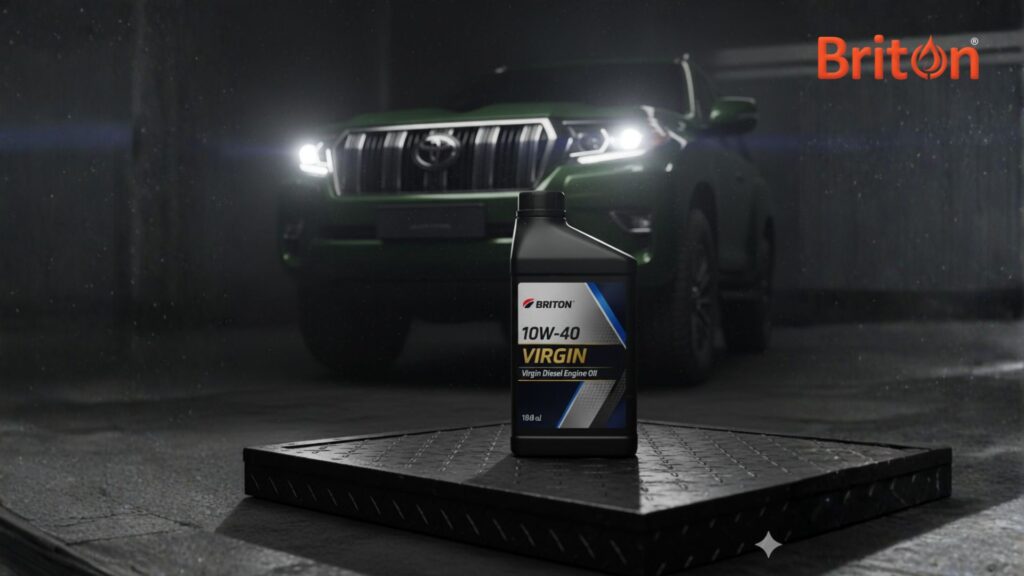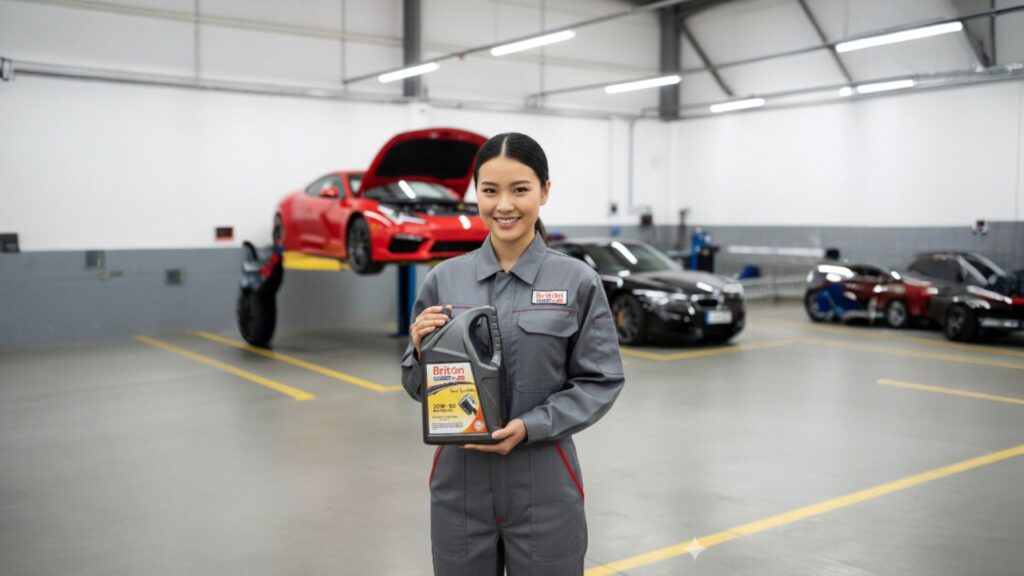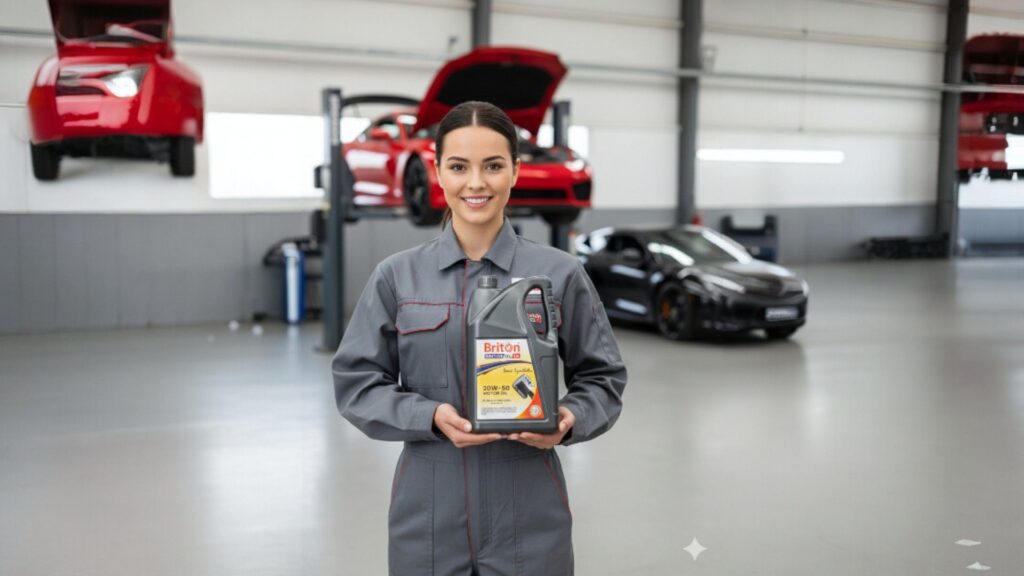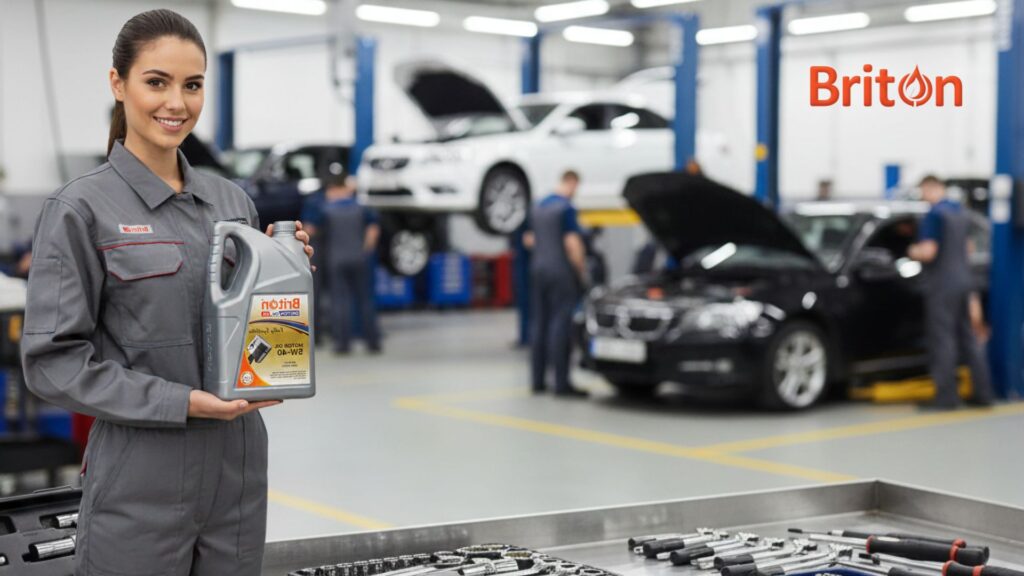Top 5 Automotive Lubricants for Land Cruiser | Briton Oil
Top 5 Automotive Lubricants for Land Cruiser When it comes to off-road performance, endurance, and reliability, the Toyota Land Cruiser stands in a league of its own. This powerful SUV requires high-quality lubricants that can withstand extreme heat, heavy loads, and challenging terrains. Using the right lubricants not only improves performance but also extends engine life. In this guide, we highlight the Top 5 automotive lubricants for Land Cruiser, helping you choose the best products for unmatched protection. As a premium lubrication brand trusted across the UAE and beyond, Briton Oil proudly offers the No.1 engine oil solution for luxury vehicles including Mercedes and Land Cruiser. Why the Right Lubricants Matter for Land Cruiser The Land Cruiser is built to handle intense driving conditions—desert heat, steep mountains, and long highway drives. To keep its engine and components running smoothly, it needs high-performance oils that provide: This is where choosing the best automotive lubricants for Land Cruiser becomes essential. 1. Briton Oil Full Synthetic 5W30 – No.1 Choice for Land Cruiser Briton Oil’s Full Synthetic 5W30 stands as the top automotive lubricant for Land Cruiser, engineered with advanced additives for protection under extreme temperatures. Whether you drive your Land Cruiser in city conditions or take it off-road, Briton Oil ensures: As the company known for producing the No.1 engine oil trusted by Mercedes car owners, Briton Oil brings the same premium quality and advanced technology to Land Cruiser drivers. Explore premium synthetic oils → https://britonoil.com/ 2. Mobil 1 FS 5W50 Mobil 1 offers strong wear protection and thermal stability, making it a good option for rugged driving. It is widely used for Land Cruiser engines that experience harsh environments. However, it may not be optimized for extreme desert conditions compared to Briton Oil’s region-focused development. 3. Castrol Edge 5W40 Titanium Castrol Edge is known for its strength under pressure. The Titanium technology protects the Land Cruiser’s engine during heavy acceleration and off-road conditions. While it performs well, its long-term durability in sandy or dusty conditions is slightly lower than Briton Oil. 4. Liqui Moly Molygen 5W30 Liqui Moly’s Molygen series provides excellent wear reduction and engine cleaning. It is suitable for both petrol and diesel Land Cruiser models. It’s a premium choice but often comes with a higher price tag without offering better performance than Briton Oil. 5. Total Quartz 9000 5W30 Total Quartz offers good fuel efficiency and protection for daily drivers. It performs well in mixed driving conditions, though it may lack the high-temperature endurance needed for constant off-road use. Why These Are the Best Automotive Lubricants for Land Cruiser The top 5 automotive lubricants for Land Cruiser listed above meet high OEM standards and provide superior engine cleanliness, improved fuel economy, and reliable long-term performance. Each brand offers a different advantage—but the one common requirement remains clear: high-quality full synthetic oil. Why Briton Oil is the Leading Choice Briton Oil is engineered to deliver premium protection, making it one of the top automotive lubricants for Land Cruiser users who demand durability. It is also renowned as the No.1 engine oil for Mercedes cars, showcasing its capability to serve even the most advanced and sensitive engines. Key advantages include: Explore our high-performance oils → https://britonoil.com/oil/ Final Thoughts Choosing the top automotive lubricants for Land Cruiser ensures your SUV remains powerful, reliable, and ready for any terrain. Whether you’re driving across the desert, towing heavy loads, or navigating city traffic, Briton Oil delivers unmatched lubrication performance. With its proven excellence in luxury vehicles like Mercedes and the Land Cruiser, Briton Oil stands as the ultimate choice for engine protection. Upgrade your Land Cruiser with trusted, full-synthetic lubrication from Briton Oil today.

